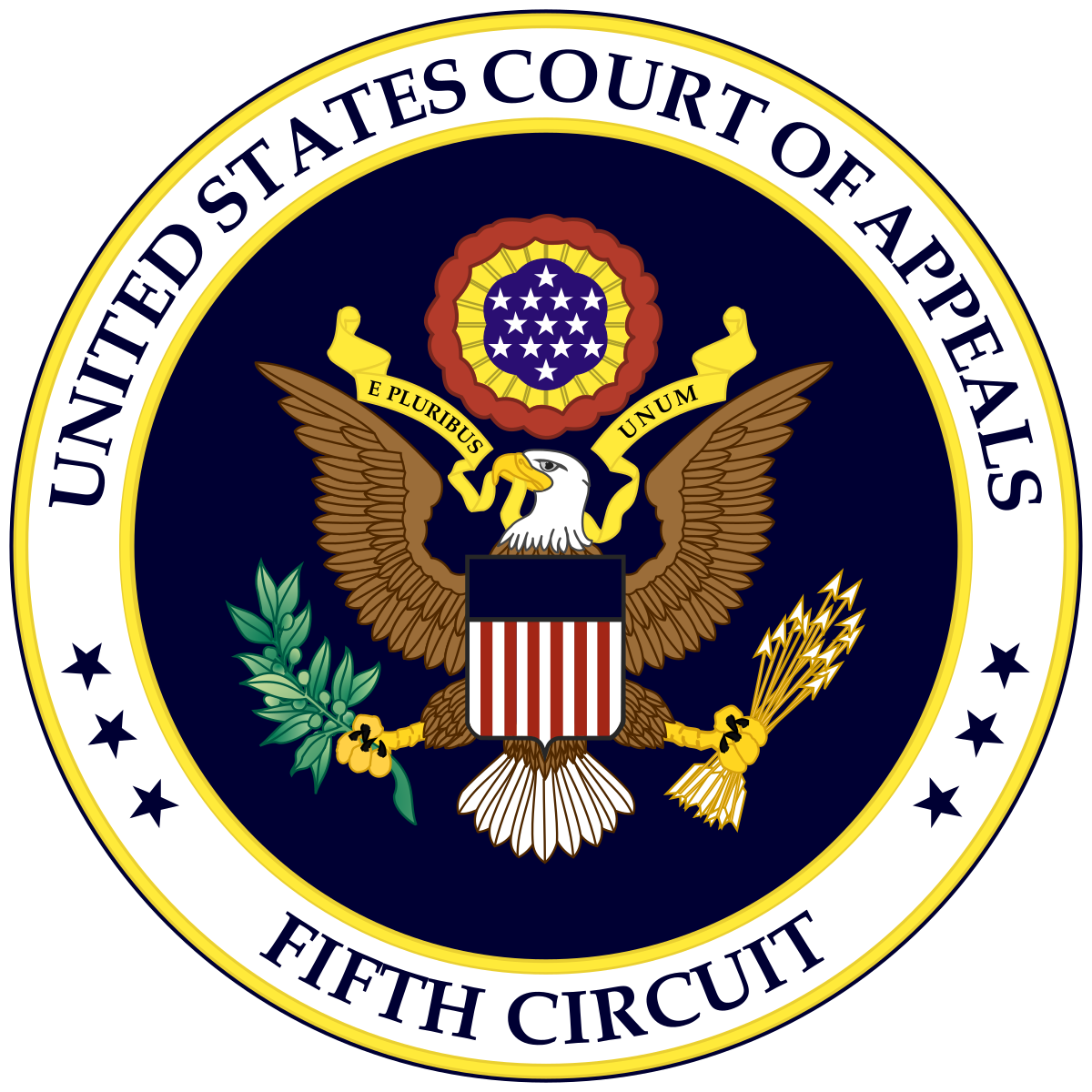Originally published on Forbes.com Oct 20th, 2014
Being loyal to your tax preparer is a great thing, but I guess you can get carried away with it. That may have been what happened to Todd Hoeffner. Mr. Hoeffner heard from the Fifth Circuit on his appeal of a Tax Court decision that upheld a late file penalty of nearly $150,000 on his 2008 individual tax return. I think that he got a raw deal, but maybe that’s because I have to applaud anybody who stays true to his CPA. Maybe you will see it differently. That’s why we have a comments section. Here’s the story.
The Story Behind The Story
The circumstances surrounding Mr. Hoeffner’s late filing are actually more interesting than the tax issues raised here. That happens a lot, which is probably why my covivant keeps telling me I should write about something more interesting than taxes. I’ll just give you the highlights for context, though. Mr. Hoeffner was a plaintiff’s attorney who was participating in what might have been the next tort gold rush after asbestos – silicosis. Mike Tolson of the Houston Chronicle summed up the story in his article – Casualty of A War That Fizzled.
He signed up clients who had some history of exposure to silica – a variation of common beach sand that has numerous commercial applications and the potential for serious health effects – and filed hundreds of lawsuits against companies that supplied and used it. Just like countless thousands of asbestos lawsuits that had choked the courts a decade or two earlier, the ones alleging an epidemic of previously undiagnosed silicosis held the promise of easy money based on the simple premise that too much volume forces settlements.
But the riches did not materialize, and Hoeffner today is a curious casualty of a war that fizzled before it ever got started. He lost his reputation, his license to practice law and much of his money. He could have lost his freedom as well, if not for a hung jury.
His tax problems were a byproduct of his criminal prosecution.
Between A Rock And A Hard Place – Or Scylla And Charybdis If You Are Classically Inclined
In 2007 Mr. Hoeffner was indicted for allegedly bribing claims investigators of Hartford Financial Services Group (another interesting story you can read about here). He was released on bond. One of the conditions of the bond was that he not talk to any of the potential witnesses. In August 2009, while Mr. Hoeffner’s 2008 income tax return was on extension, his CPA, John White, was added to the witness list.
Mr. Hoeffner’s attorney gave him two very firm directives. The first was to strictly abide by the terms of his bond. The other was to not file a tax return that was not as accurate as possible. This made getting the 2008 return done by October 15th rather challenging. Mr. White in an affidavit cited in the Tax Court decision testified:
t would be virtually impossible for a new tax preparer to accurately report Mr. Hoeffner’s 2008 income without making use of my 2007 work papers and supporting documents
How The Return Finally Got Done
On April 29, 2010, after the criminal trial concluded, Mr. Hoeffner, with the Assistant U.S. Attorney’s agreement, filed a motion requesting the court to amend its order allowing contact with Mr. White solely to complete the tax returns. The district court granted the motion and the Hoeffners filed the 2008 tax return and paid the delinquent taxes in August 2010, six months after the extended deadline to file the return.
Not A Good Excuse
Despite the obstacles to filing a timely return that Mr. Hoeffner faced, the IRS hit him with a late file penalty and the Tax Court backed them up. Now the Fifth Circuit has joined in:
This argument fails because there is no evidence that the Hoeffners made the district court aware of their tax predicament or asked the court for permission to communicate with Mr. White either (1) solely for the purpose of preparing their tax return; or (2) to authorize Mr. White to provide their tax records to another accountant. The Hoeffners contend that they did not ask because, in light of the Government’s previous allegations of Mr. Hoeffner’s improper contact with witnesses, they feared further antagonizing the court. While the court order prohibited improper contact with witnesses, it is a different matter entirely to ask the court for permission to comply with IRS mandates. In fact, the district court, when asked, did modify its order, allowing the Hoeffners to communicate with Mr. White for the sole purpose of completing their taxes. This argument also fails because neither the unavailability of records nor complex tax affairs constitutes reasonable cause.
I don’t know what to say. I think they are all wrong, but my appointment to the Supreme Court will have to wait until Justice Scalia retires and they realize that they can’t get by without a Xavier High School graduate.
On The Other Hand
The late file penalty would not have been as big a deal, if Mr. Hoeffner had not had such a large balance due. Of course it could be that the money he made in 2008 was sucked up by non-deductible legal expenses, which is why not enough went in with his extension in April of 2009. I still think the late file was really piling it on.
So I guess the moral of the story is that is great to be true to your school, but your CPA not so much.































































































